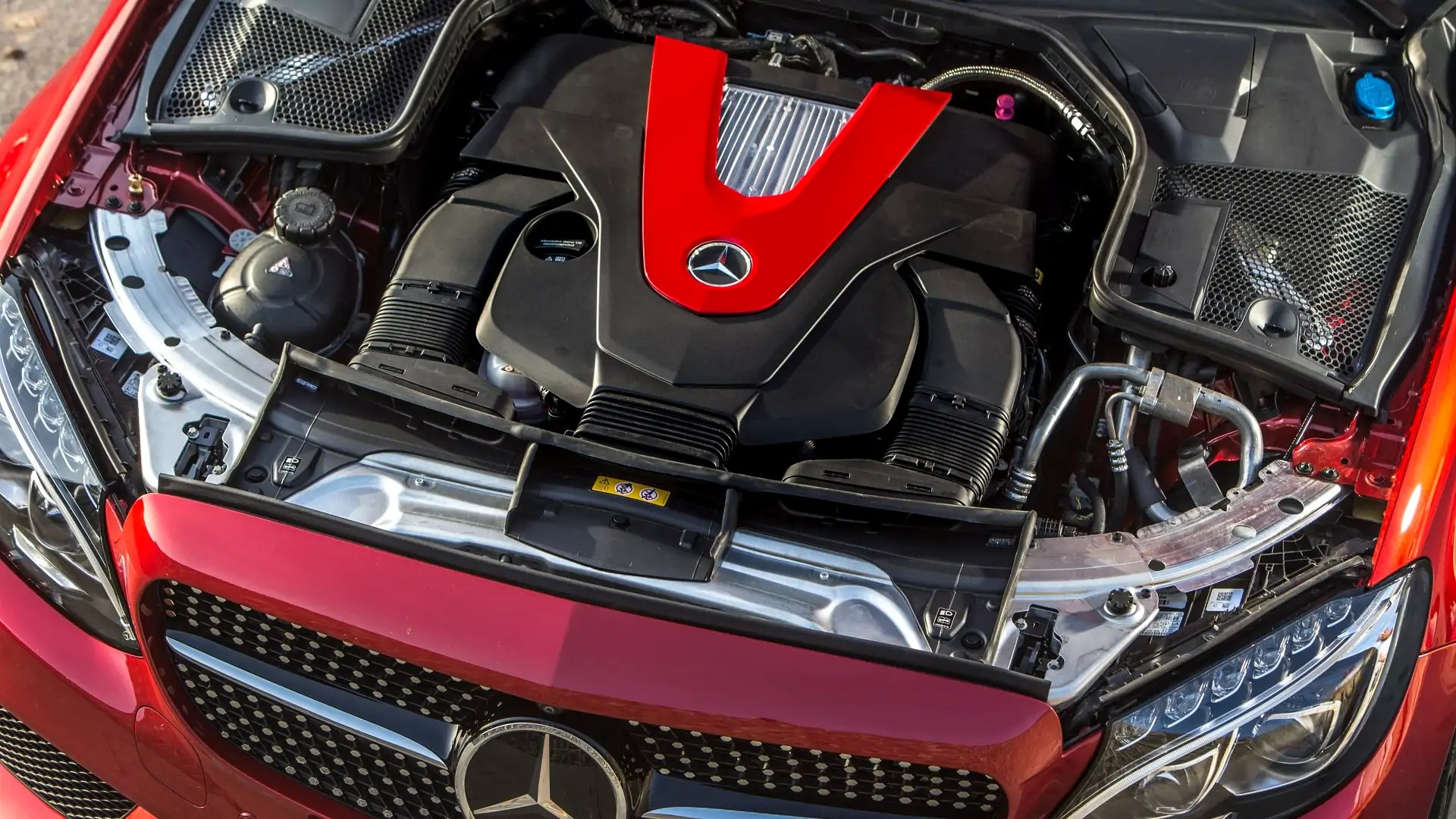Routine maintenance and oil changes are essential for keeping your vehicle running smoothly over time, as various components such as air filters can become clogged, brake pads can wear down, and serpentine belts can stretch with increased mileage.
Drivers typically receive warning signs indicating when something is amiss, but certain actions—or lack thereof—may inadvertently shorten your car’s lifespan.

For those who wish to extend the life of their vehicle, understanding these four key aspects is vital.
1. Keep it Clean
Washing your vehicle offers more than just aesthetic benefits; it plays a crucial role in enhancing its lifespan by removing harmful contaminants that can lead to corrosion.
While paint serves as a protective layer for the body, the underside of the car faces relentless exposure to water, dirt, and grime, which can foster rust.
During winter months, when road salt is prevalent, regular washing becomes even more critical. While road salt is effective for melting ice, it can also corrode metal components.
Although most vehicles have drainage points to allow rust-inducing water to escape, it is still essential to provide your car with a thorough wash periodically.
Also Read: How to Reduce Engine Wear and Tear with Smart Driving Habits and Effective Maintenance Strategies
2. Lighten Up
The philosophy of Colin Chapman, founder of the iconic Lotus sports car brand, revolved around the idea of reducing weight to enhance performance. His insight applies universally; lighter vehicles tend to drive better.
If you often find yourself transporting children, carrying materials for work, or hauling outdoor equipment, your vehicle might not resemble a lightweight sports coupe.
However, regardless of whether you own a minivan, pickup, or SUV, reducing unnecessary weight is beneficial. Increased weight places extra strain on the engine, transmission, brakes, and suspension, potentially decreasing their lifespan.
To extend the longevity of your vehicle, remove unnecessary items and travel only with essentials. This practice can also improve fuel efficiency.
3. Start Slow
Mornings can often feel chaotic, with breakfast, tidying up, and catching up on social media, leading to a hurried departure. As soon as you settle into your car, the urge to rush off and beat traffic can be overwhelming.
However, it is essential to give your vehicle a moment to prepare for the journey after a period of inactivity. When your car has been sitting for hours, the motor oil cools and settles at the bottom.
Upon starting the engine, the oil pump begins circulating the oil, but the lubrication process takes time. Immediate driving after starting increases friction between engine parts, accelerating wear.
Allowing your car to idle for 30 to 60 seconds helps the oil warm up and circulate effectively. If you must leave quickly, opt for a gentle drive for the first mile or two to protect your engine.
4. Floor it
While many vehicles have a redline above 6000 rpm, typical driving rarely reaches even half that level. Modern engine management systems prioritize efficiency by maintaining lower revolutions, but occasionally allowing your engine to operate across its full rpm range can be beneficial.
This practice helps eliminate carbon deposits that can accumulate and impede the valves, throttle body, intake manifold, and combustion chamber.
If left unaddressed, carbon buildup may lead to misfires, diminished performance, and extensive cleaning requirements. To prevent carbon deposits from accumulating in your engine, let it reach the redline every few hundred miles.
Always ensure the engine is fully warmed up and that you’re in a safe location, such as merging onto a highway, before doing so. While this may consume additional fuel, it is a straightforward method to extend your engine’s lifespan.
Also Read: How to Maintain Your Car’s Air Filters for Optimal Engine Health and Air Quality
Despite diligent care, components will inevitably wear out and require replacement. When that time comes, it is essential to engage a qualified mechanic and use high-quality parts for repairs.
Opting for cheaper alternatives or neglecting maintenance can lead to more issues down the road. Investing in repairs typically proves to be more cost-effective than purchasing a new vehicle.
Maintaining your car diligently is a reliable strategy for prolonging its life.

